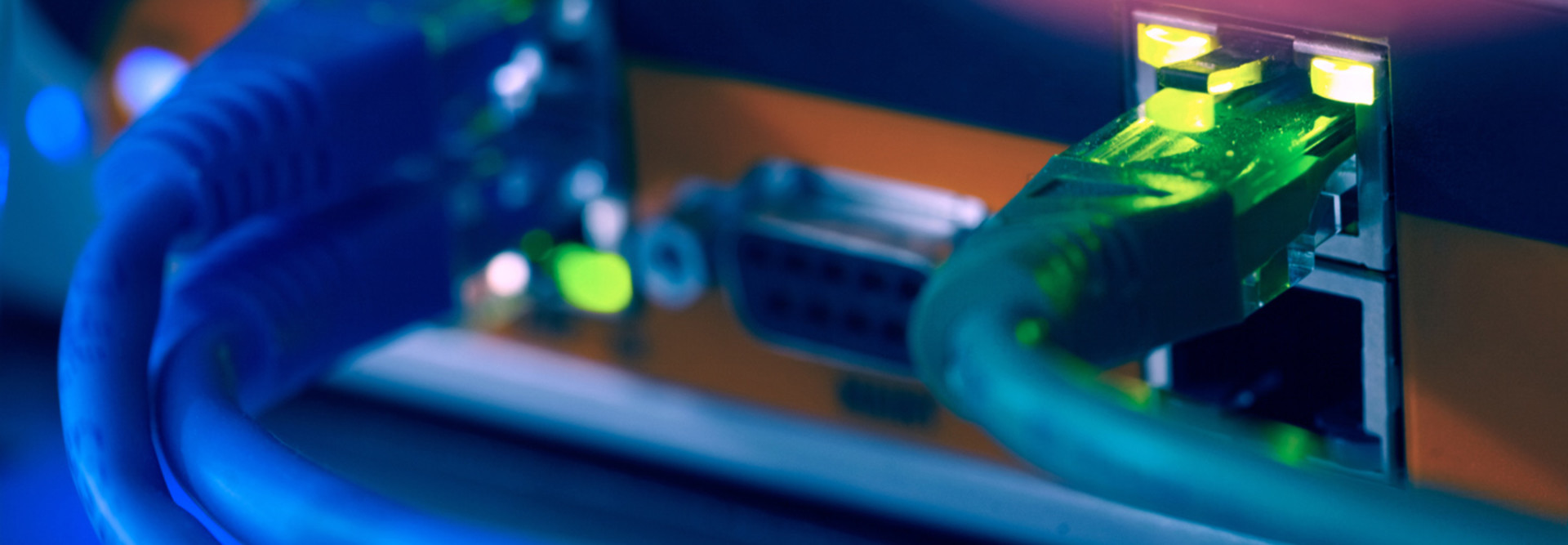What Net Neutrality Means for the Future of Education
After months of debate and millions of public comments regarding the future of the Internet, the Federal Communications Commission established rules for net neutrality to provide an open and equitable highway for information.
The five-member commission voted 3-2 on Thursday in favor of reclassifying broadband Internet as a public utility, thereby eliminating the option for service providers to selectively block or throttle content.
"The Internet is too important to allow broadband providers to make the rules," said FCC Chairman Tom Wheeler during the Thursday meeting.
In a news release issued shortly after the vote, the FCC said: “These new rules are guided by three principles: America's broadband networks must be fast, fair and open."
The ruling could bolster efforts to connect the nation’s schools to the Internet. Such efforts include President Barack Obama’s ConnectED initiative, which is focused on getting broadband access for K-12 schools and libraries, and the Future Ready initiative which supports equitable student access to the Internet for education. Meanwhile, higher education institutions are fighting to maintain widespread, reliable campus networks on tighter budgets.
Many education officials seem to be unified in their desire for an open Internet.
“I haven’t met a school yet that doesn’t want an open Internet,” Evan Mitchell told Education Week. Mitchell is CEO of EducationSuperHighway, a nonprofit that helps schools upgrade Internet infrastructure.
John Harrington, CEO of Funds for Learning, an E-Rate consulting firm, told EdTech he the FCC's decision supports equitable access to broadband Internet in schools. It also prevents service throttling, ensuring that educational websites and content are placed on equal footing with entertainment services like Netflix.
The American Library Association praised the FCC decision in a news release. ALA President Courtney Young called the ruling “a win for students, creators, researchers and learners of all ages.”
Larra Clark, deputy director for the ALA Office for Information Technology Policy, said, "ALA worked closely with nearly a dozen library and higher education organizations to develop and advocate for network neutrality principles, and we are pleased the FCC’s new rules appear to align nearly perfectly.”









